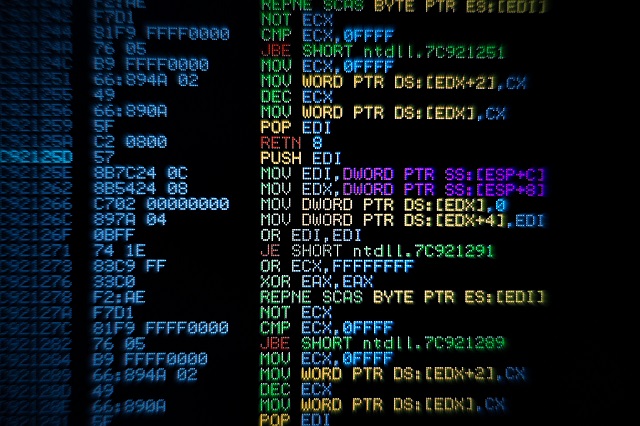This article introduces engineering optimizations to 3FS—KVCache's foundation layer—across performance, productization, and cloud-native management for scalable AI inference.

This article introduces methods for obtaining and analyzing slow SQL statements in PostgreSQL and PolarDB for PostgreSQL.

This article examines the deep paging optimization solution in AnalyticDB and its key role in improving query efficiency for deep paged queries in large data environments.

This article evaluates the optimization practices in the context of PolarDB and provides insights into large table optimization practices for developers and database administrators.

The article introduces the core technology and optimization strategies of the PolarDB-X storage engine.

This article focuses on the perspective of the SQL engine executor and introduces various new features in PolarDB-X column-oriented analysis query acceleration.

In this blog post, we will take a closer look at how Tair (Redis® OSS-Compatible) helps businesses optimize operations and improve performance.

This article aims to delve into the design and optimization methods of indexes in the MySQL (version 8.0.26) database.

This tutorial will guide you through optimizing slow SQL in PolarDB-X.

This article aims to focus on the core functionalities of the Buffer Pool, providing an introduction to its interfaces, memory organization, page retrieval, and flushing.

This article provides a guide to implementing a PostgreSQL hook for tracking and gathering detailed statistics on tables undergoing full scans and their corresponding SQL statements.

This article provides optimization methods and a demo for database performance optimization for queue processing business.

This article illustrates the key role of data distribution and scanning methods for optimization.

Organizations need to invest in appropriate data models to draw insights from them. This article gives an overview of data modeling methods and introduces Alibaba Cloud’s Big Data modeling practices.

Part 9 of this series introduces the replica mechanism for high availability and discusses data consistency.

In this article, we‘ll discuss the development process of PolarDB MySQL and share our thought process behind the scheme selection.

This short article discusses Postgres Query Analysis and optimization.

This article focuses on the optimization measures of Jingdong in Flink SQL tasks, focusing on the aspects of shuffle, join mode selection, object reuse, and UDF reuse.

This blog introduces BigKey and HotKey in Redis and discusses what leads to HotKeys or BigKeys, how to recognize HotKeys or BigKeys, further, the problem it brings, and ways you can take to handle.

This article shares the optimization techniques of subqueries and tips on handling subqueries in distributed databases.
